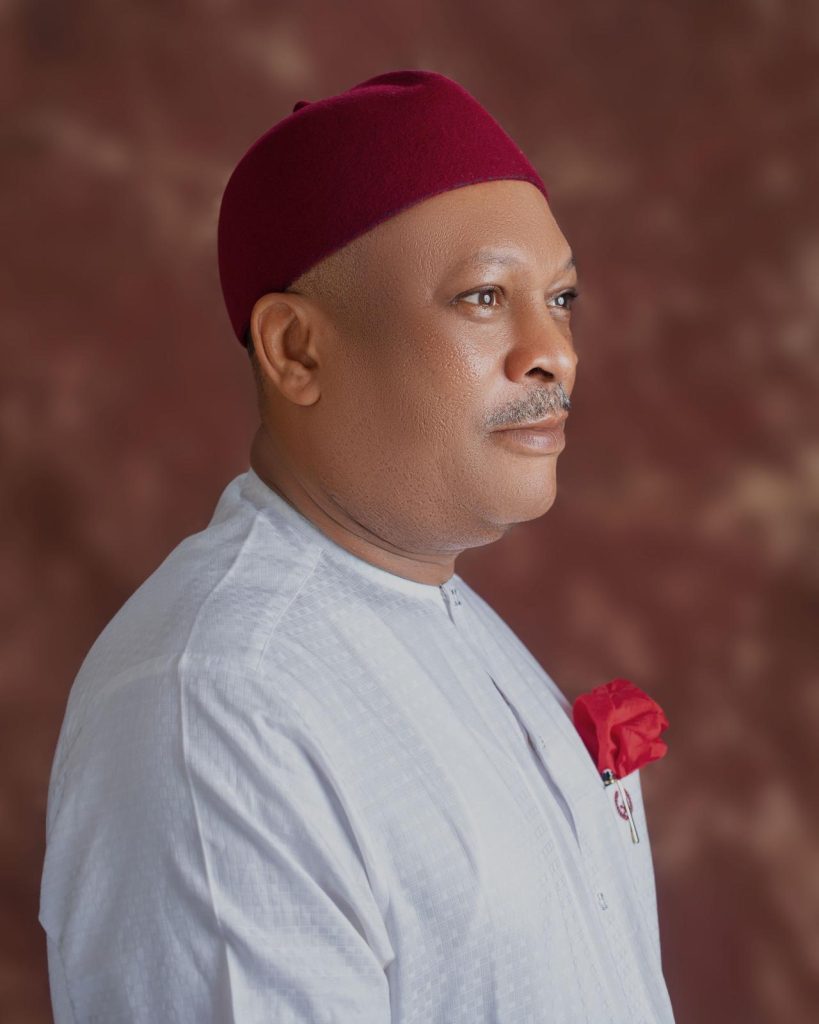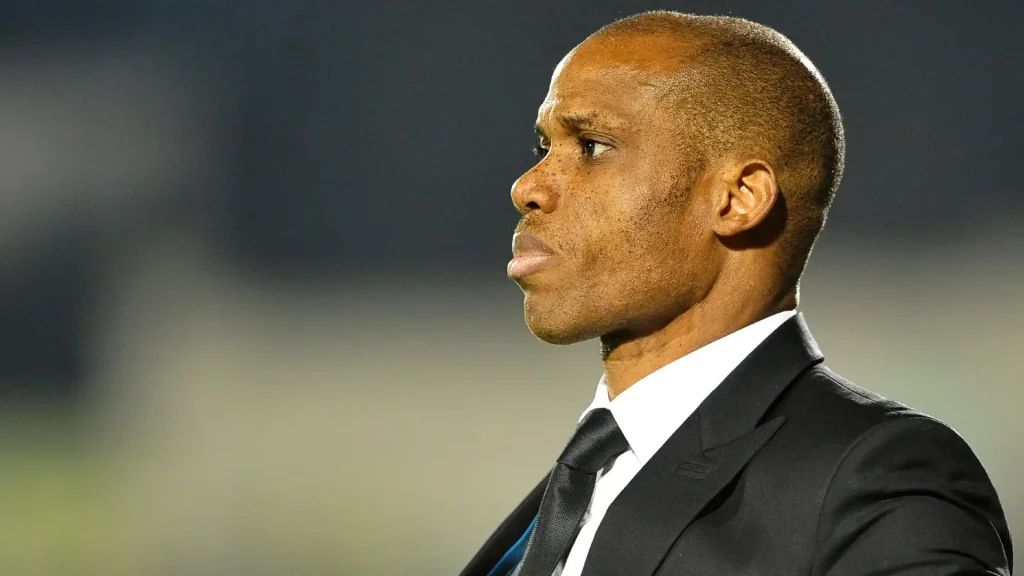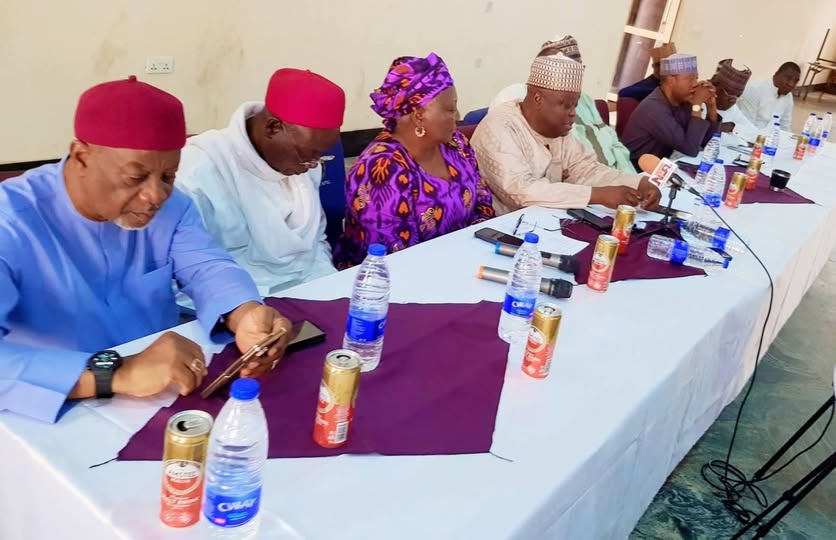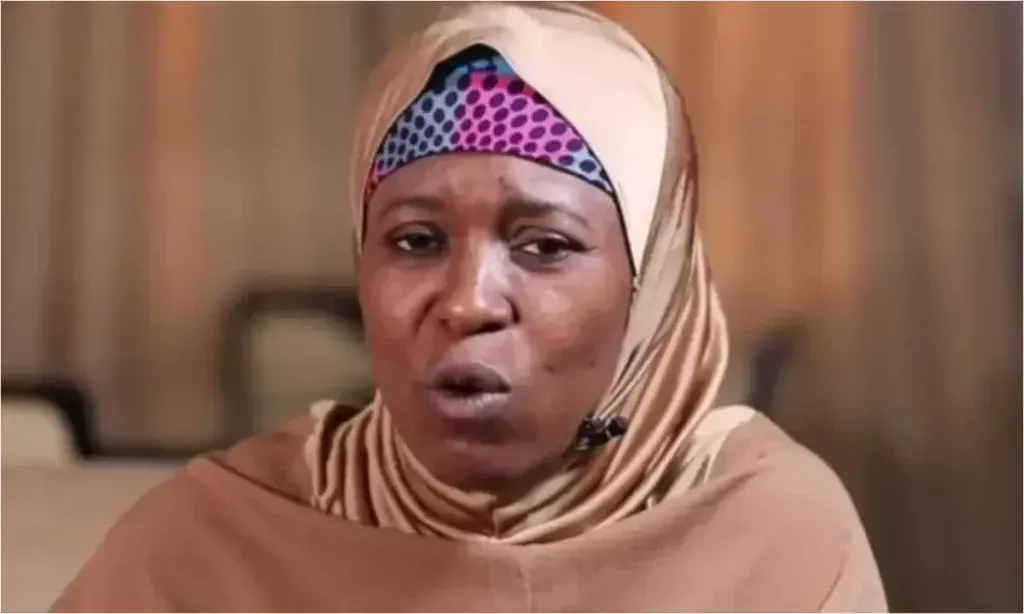In a recent interview, Prof Jonah Onuoha, the former Head of the Department of Political Science at the University of Nigeria, Nsukka, emphasized that the investigation of Betta Edu, the suspended Minister of Humanitarian Affairs and Poverty Alleviation, for alleged financial misappropriation, should serve as a wake-up call to other members of President Bola Tinubu’s cabinet. He commended the President’s decision to allow Edu to be probed by the Economic and Financial Crimes Commission (EFCC) within six months of her appointment and asserted that this bold step sends a clear message of zero tolerance for bribery and corruption within the administration.
Onuoha stressed that the probe of Edu ought to serve as a deterrent to other ministers and political appointees. He urged them to prioritize patriotism and national interest, viewing their appointments as opportunities to contribute to national development instead of avenues for illegal wealth accumulation. Furthermore, he highlighted the significance of upholding integrity, as it will ultimately restore the confidence of Nigerians in governance.
The political scientist’s insights resonate with the broader societal stance on corruption, financial misappropriation, and the diversion of public funds. By extension, his viewpoint underscores the importance of setting a precedent to cleanse the system of malpractice and enhance transparency within governmental functions. This resonates not only within the Nigerian context but also aligns with global efforts to promote integrity and accountability in leadership positions.
Edu’s ordeal, following her suspension from the Federal Executive Council and subsequent scrutiny by the EFCC, signifies a pivotal moment in the ongoing battle against corruption. It underlines the administration’s commitment to fostering ethical governance practices and reinforcing public trust. In effect, the actions taken regarding Edu’s case may pave the way for a new era of accountability and serve as a model for other nations grappling with similar challenges.
As the Director of the UNN Centre for American Studies, Onuoha’s statements serve as a profound call to action for political leaders worldwide. They echo the universal principles of good governance, urging individuals entrusted with public office to prioritize the interests of their nations. Simultaneously, his stance exudes a sense of global citizenship, emphasizing the intrinsic value of national development and the greater societal impact of principled leadership.
The unfolding events surrounding Edu’s probe not only underscore Nigeria’s commitment to combating corruption but also present a compelling narrative that resonates with international efforts toward transparent and accountable governance. It bolsters the growing global movement that champions integrity, honesty, and the responsible stewardship of public resources as fundamental prerequisites for sustainable development and the greater good.



